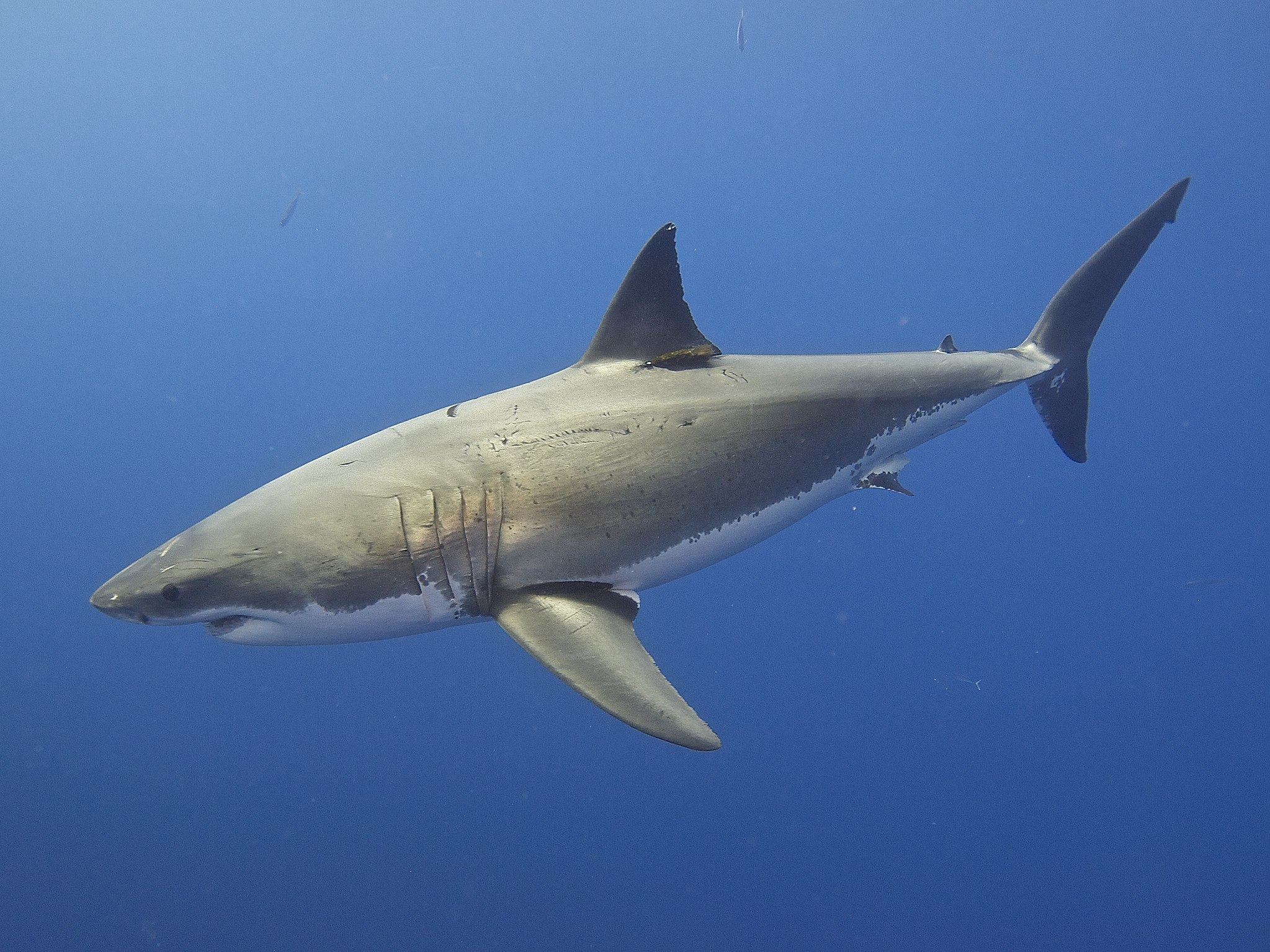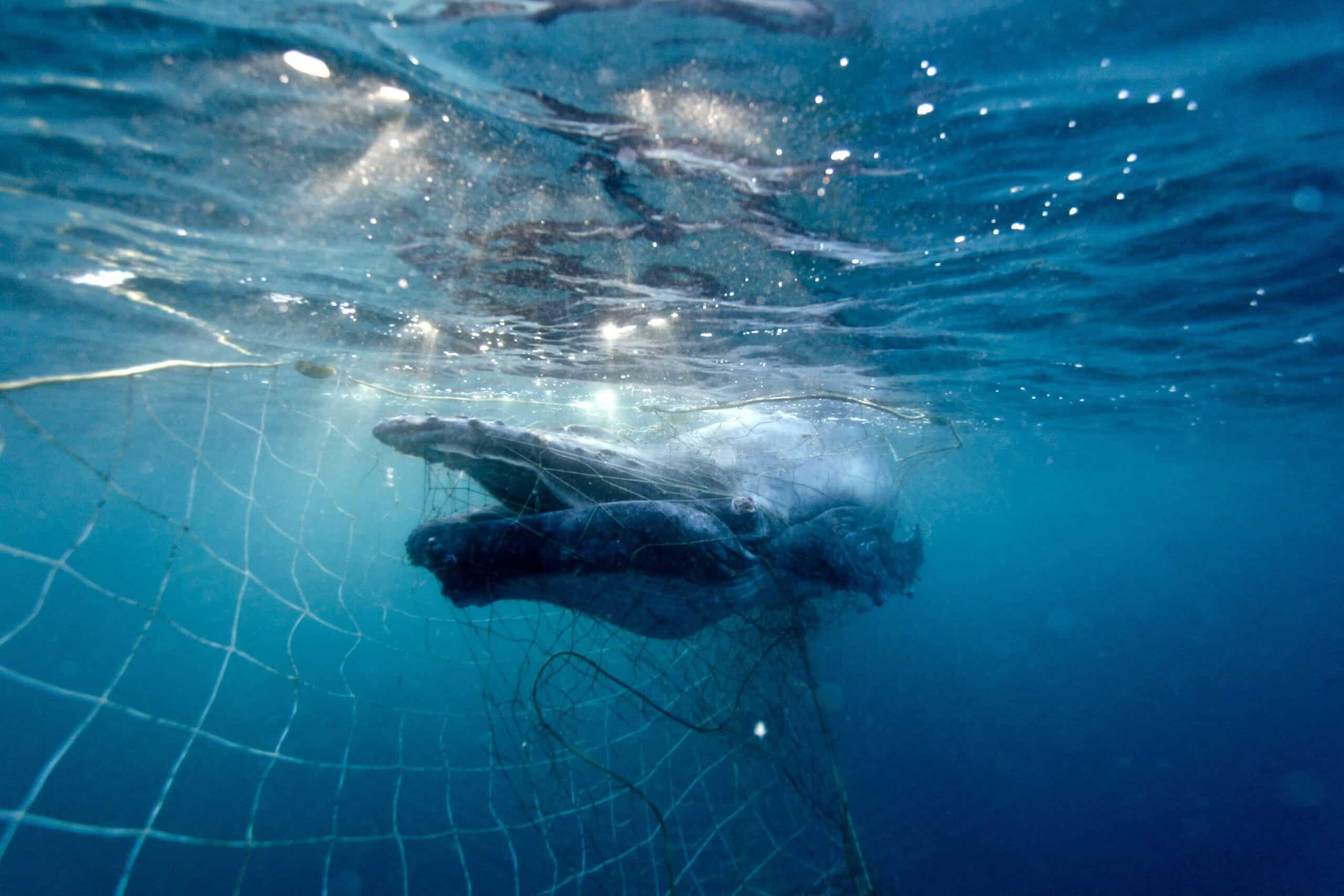Research shows that Australia’s great white sharks are highly related to each other and may consist of fewer than 500 breeding animals. SYDNEY, 24 June 2025: Latest research has found Australia’s great white shark population is much smaller than expected, increasing their vulnerability to further population threats. The population...
This week the 27th annual Extended Commission meeting of the Commission on the Conservation of Southern Bluefin Tuna (CCSBT) takes place from Monday 12th – Thursday 15th October. As with many meetings this year, this meeting will be taking place virtually rather than in Japan as planned, but this makes it of no less importance for seabirds.
It may seem strange that a tuna meeting is important in the albatross campaign, but it is for the simple reason that being caught and drowned on fishing hooks still remains a primary cause of death for the world’s most imperilled seabirds. In fact, it has been estimated that 36,000 albatrosses and petrels a year are killed in Southern Ocean fisheries. And CCSBT fisheries have some of the highest albatross bycatch in the world.
Albatross populations remain in serious decline, so much so that in 2019 the Agreement for the Conservation of Albatrosses and Petrels (ACAP) declared an urgent and continuing conservation crisis. HSI firmly believes that this news should spur countries and tuna management bodies take even greater actions than they are required to help prevent the extinction of albatross species.
HSI has attended CCSBT meetings for decades, stressing the need for action to be taken to prevent the thousands of seabirds being killed per year. Many years ago, we calculated that an albatross is likely killed for every two tonnes of southern bluefin tuna caught, making changes to the fishery’s quotas of vital importance to seabirds.
HSI considers that the right to fish in waters frequented by albatross comes with a responsibility to minimise the impacts of those fishing practices. Simple mitigation measures are available to prevent albatross being hooked on the longlines used in the fishery, such as setting hooks at night, weighting the hooks to get them quickly out of the reach of the seabirds, and using bird scaring or tori lines to keep birds away from the ‘danger zone’ of the baited hooks. In fact ACAP has developed best practice advice for bycatch mitigation to set out exactly how this can be done. Sadly, this advice is yet to be fully implemented by any country in their fishing efforts and it remains a priority of ours to get them to do so.
So this week HSI will be attending this tuna meeting as an observer to remind all fishing nations about the ongoing unacceptable deaths of some of the worlds most threatened species. Action remains long overdue, however we continue to press for action in CCSBT fisheries to address and reduce the numbers of birds being killed.
Alexia Wellbelove is a Senior Campaign Manager at the Humane Society International (HSI). She joined the organisation in 2009. With over two decades experience in conservation her current focus is environmental policy, marine conservation (particularly marine mammal and fisheries bycatch) and wildlife trade. She helped found the Places You Love alliance and serves on a number of state and federal government committees. She has represented Australia as a member of the delegations to both the International Whaling Commission (IWC) and the Convention on Migratory Species (CMS).
To subscribe to our blog click here.


